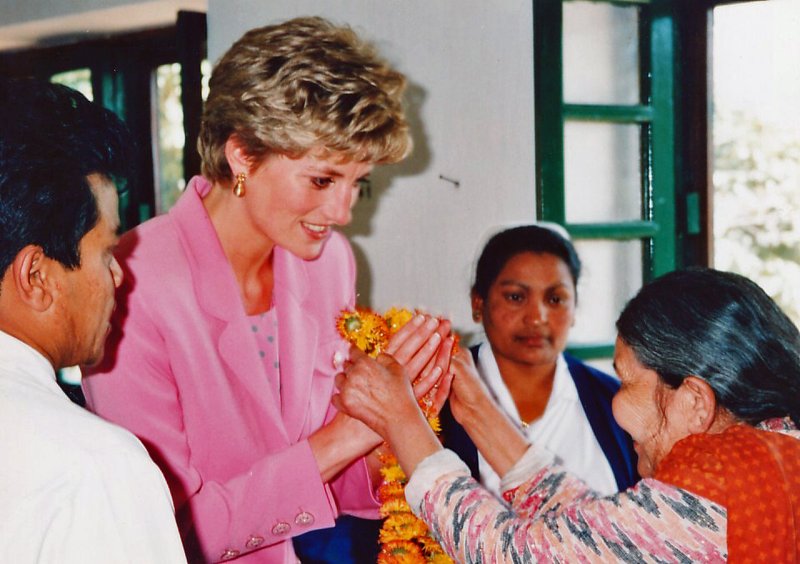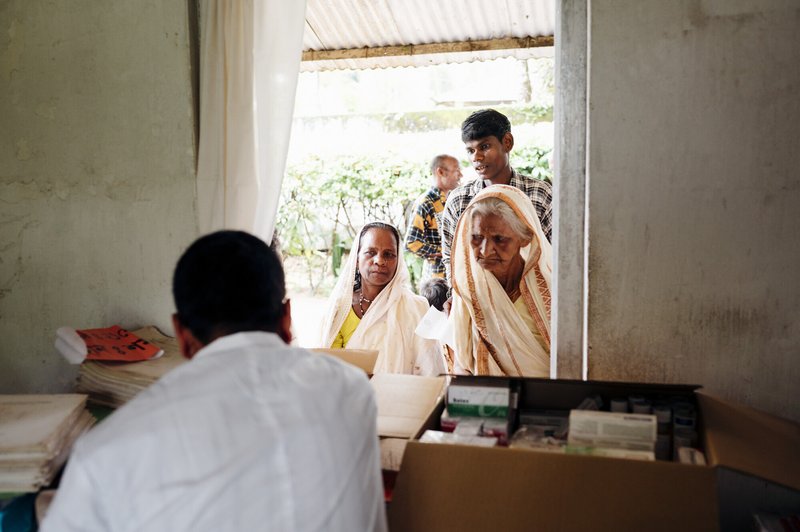Governments can't single-handedly end leprosy, but they need to be realistic
For too long global progress on leprosy has stalled. Peter Waddup, Chief Executive, shares his hope for a renewed global passion to end leprosy once and for all.
It’s almost the time of year when the World Health Organisation (WHO) publishes its annual leprosy statistics. I view the publication of this important document with a healthy dose of trepidation. As with all statistics, it’s how you interpret them. As they say, the devil is in the detail.
For the past few years, the number of leprosy cases has plummeted in the countries in which our faithful supporters fund lifechanging projects. Taken at face value, this is great - leprosy cases are falling! It really is a disease of the past!
Nothing could be further from the truth. The reality is the global pandemic meant people affected by leprosy in the world's poorest communities were unable to access even basic healthcare. Lockdowns and prioritising lifesaving medicine has seen their leprosy left untreated.
People affected by leprosy have been overlooked to the extent that they are even denied the privilege of being a statistic on a government chart. Evidence points to millions of people today living with untreated leprosy. Not only is their health at risk, but their wellbeing and even survival.
When I said the devil is in the detail, the detail, in this instance, is the percentage of new leprosy patients diagnosed with a disability. The percentage is creeping up, meaning leprosy is increasingly being diagnosed and cured too late. Since the roll out of Multidrug therapy in 1982, nobody needs to be disabled by leprosy. If the combination of three antibiotics is given quickly, a person can be spared a lifetime of disability.

Talking to my colleagues overseas who served in the 80s, I long for a revival in the energy that accompanied the launch of Multidrug therapy. The roll out of the new wonder drug led to a WHO target to eliminate leprosy as a public health problem by the year 2000. This was measured by a target of governments recording less than one in 10,000 people being treated for leprosy. The race to end leprosy was fast gathering pace!
Despite the global target actually being achieved, it didn't end as we had hoped. When the numbers fell below the one in 10,000 rate, governments reallocated the money to tackling other health problems. (It is also generally accepted that there was an attitude of 'if you don't look you don't find' casting a shadow over the elimination target. A target of finding as few cases as possible is fairly easy to meet when you think about it.)
In the absence of political will, it becomes the responsibility of our medical teams to train government healthcare workers. While it is their calling to teach how to diagnose and treat leprosy, this work needs to be integrated into government health systems. A change in hearts and minds fuelled by political will, would end leprosy once and for all! No longer would someone be cast out from their family and community, just because they have a treatable disease.

While our medics forge great partnerships with governments, the narrative remains that leprosy is not a problem today. As a result, some of the world's most vulnerable people are denied the treatment they so desperately need and deserve. The simple truth is that governments hiding or ignoring leprosy only damage their own reputation in the long run. As a result, public trust is eroded.
Charity exists because we live in a fallen world. Charities are desperately needed but their very existence serves to highlight that society has failed. This can be seen right here in the UK. It is undoubtedly systemic failure when a country as wealthy as the UK has so many people living in poverty. Foodbanks should not exist but in reality, they are a lifeline to so many today.
So if people in the UK are failed by their government, it is understandable this is also the case across Asia and Africa. The beginning of the solution is to never ignore a problem, not when lives are at stake. It is to be real and do whatever possible, in partnership with charities supporting those on the front line, to create a better society.
Header and second photo © Ruth Towell